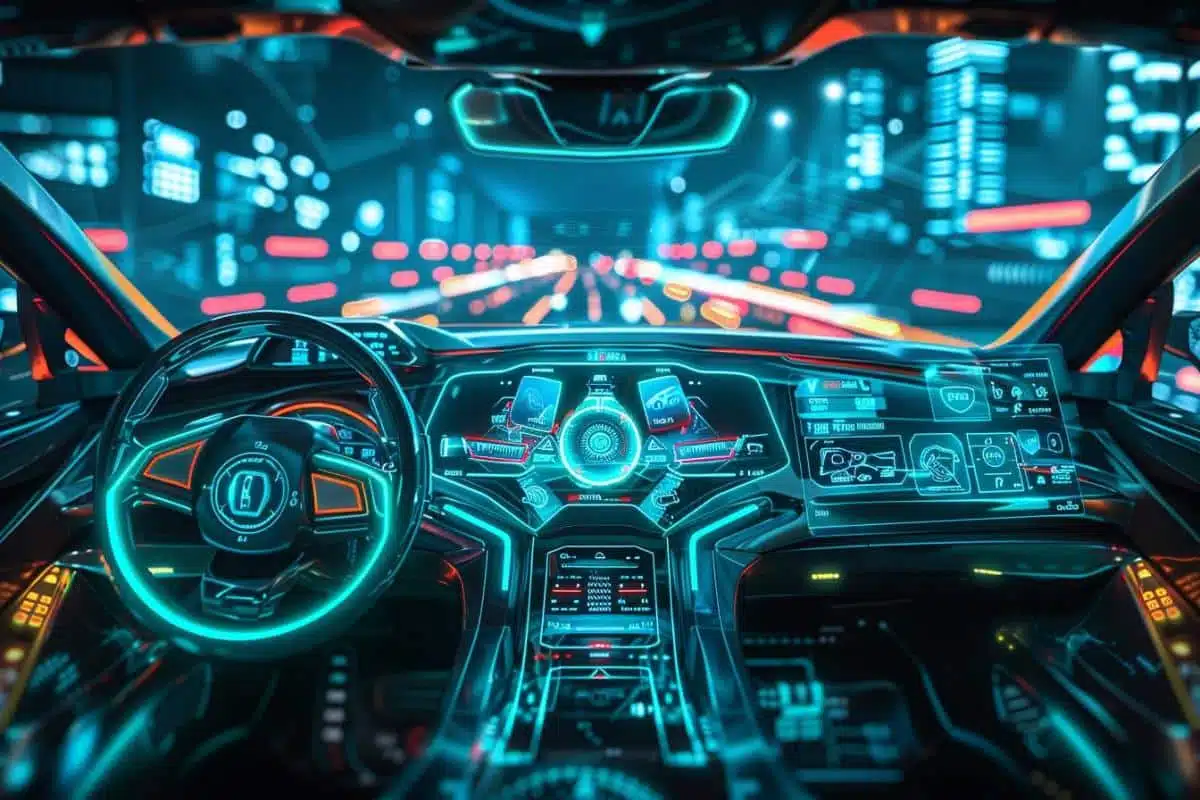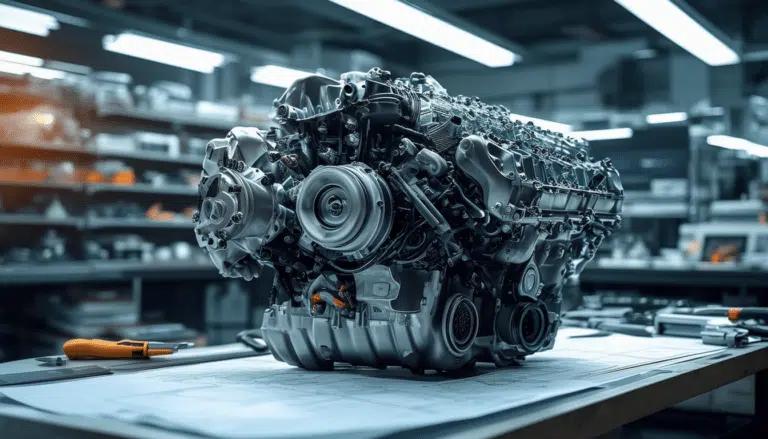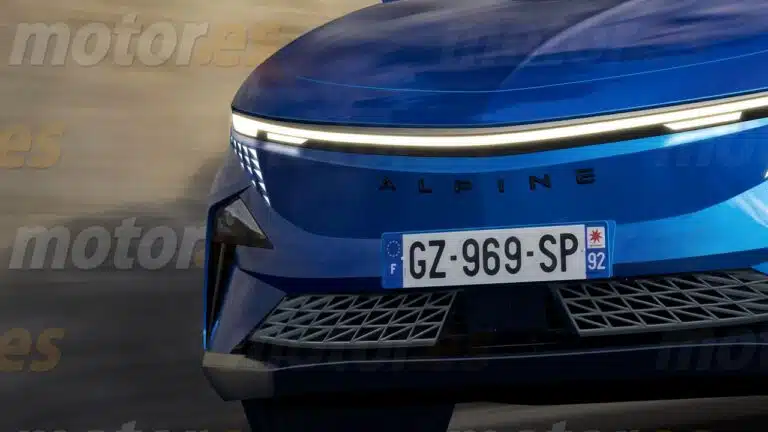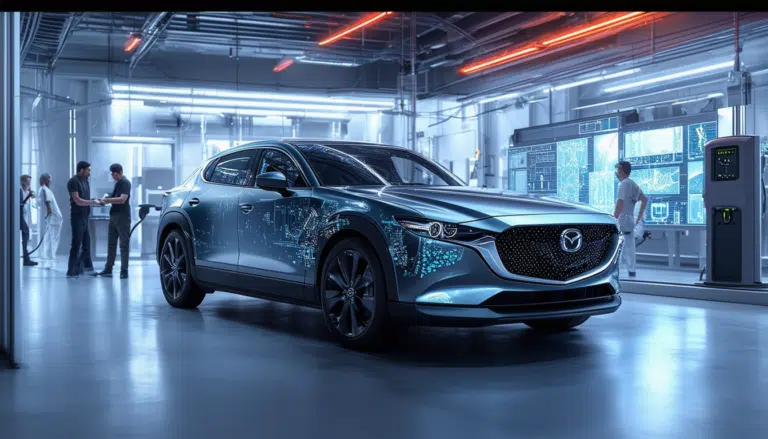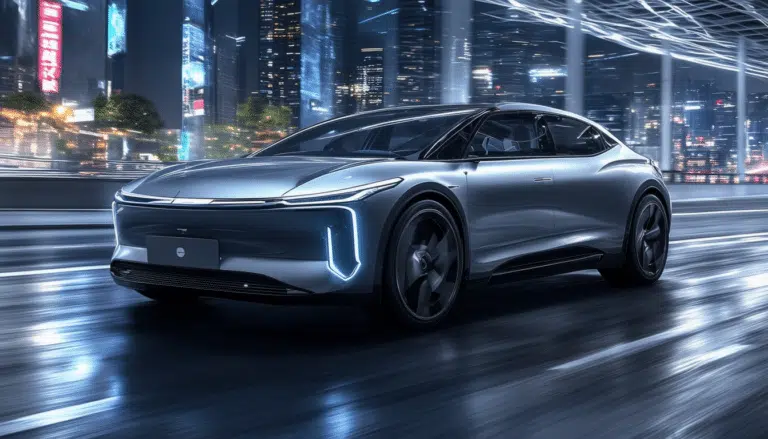Incredible! The 7 technology trends in cars that you can’t ignore in 2024
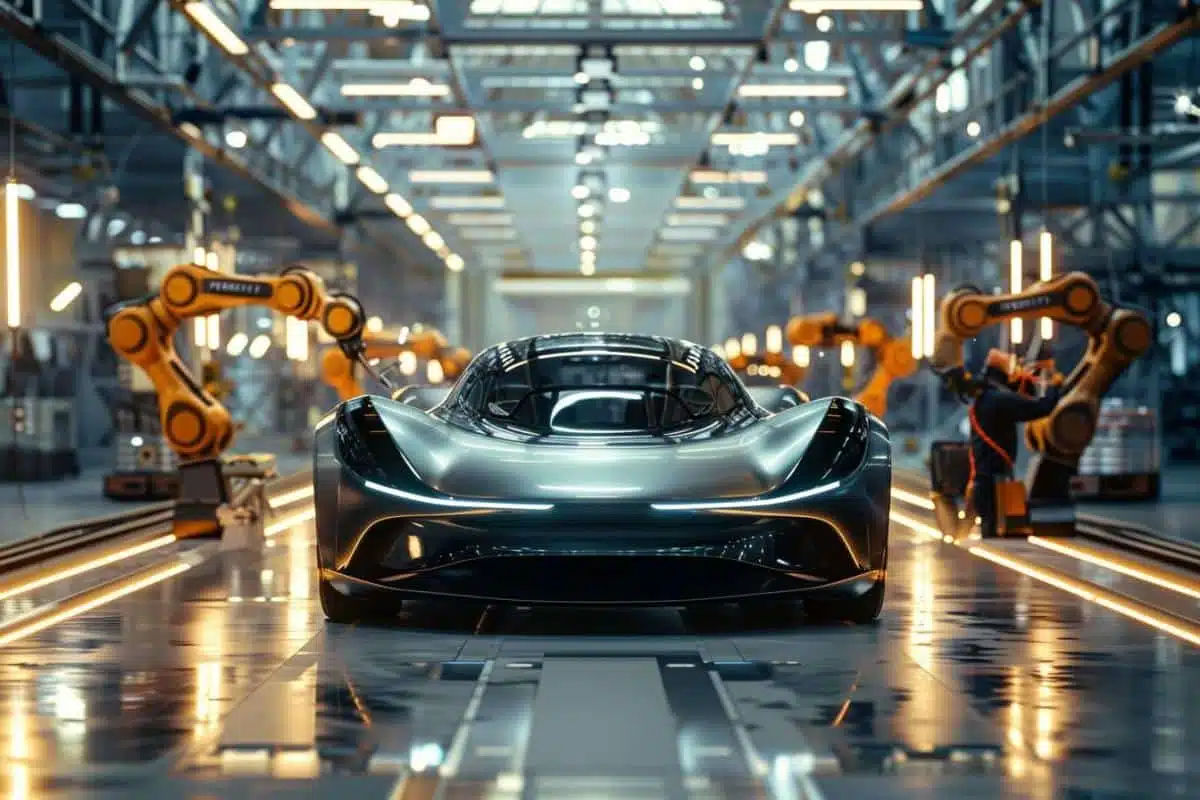
The automotive industry is leading technological advancement, with a significant focus on sustainability, quality, and efficiency. Since the beginnings with names like Toyota, the industry has undergone revolutionary changes that have set standards for innovation and development. With the launch of the Toyota Prius in 1997, the first mass-produced hybrid car, it became clear that technology and sustainability would play a crucial role in the future of the automotive sector.
SUMMARY:
| main idea | detail |
|---|---|
| 🚗 Sustainability | Prioritize hybrid and electric technology for a sustainable future. |
| 🔌 Connectivity | Develop smart cars with driver assistance systems. |
| ⚡ Electric vehicles | Increase EV sales to 26 million units by 2030. |
| 🤖 Artificial Intelligence | Improve safety, autonomous driving, and quality management. |
| 🏭 Agile manufacturing | Quickly adapt to market demands and reduce production costs. |
Current trends in the automotive industry
Today, connectivity and electrification are fundamental pillars in the development of new car models. Projections indicate that by 2025, approximately 75% of all new vehicles will be connected to the internet, thus developing smart cars that integrate advanced driver assistance systems.
The automotive industry has also seen exponential growth in the electric vehicle (EV) market. According to estimates, global EV sales are expected to reach 26 million units by 2030. It is projected that by 2025 there will be over 500 electric vehicle models on the market, revolutionizing how we understand and use energy in transportation.
Another significant advancement is the integration of Artificial Intelligence (AI). This technology not only enhances safety and autonomous driving but also optimizes the supply chain and quality management. The global AI market in the automotive field is expected to reach 10.73 billion dollars by 2026, indicating strong growth and importance in the industry.
Moreover, agile manufacturing allows automotive companies to quickly adapt to market demands, reducing time-to-market and production costs. Vehicle customization and improvements in the supply chain are other important benefits that arise from this approach, facilitating more efficient production tailored to customer needs.
Advancements in automotive safety
Road safety has improved significantly thanks to technological innovations. Advanced driver assistance systems (ADAS) play a crucial role in this. Technologies like emergency braking, lane keeping assistance, and blind spot alerts have significantly reduced traffic accidents and increased driver safety.
Sensors and artificial intelligence systems are being implemented that continue to enhance safety and reduce downtime in vehicle production and maintenance. This approach not only improves the driver experience but also optimizes manufacturing processes and reduces costs.
Table of automotive safety technologies :
| Technology | Functionality | Impact |
|---|---|---|
| Emergency braking | Automatically stops the vehicle upon detecting an obstacle | Reduction of frontal accidents |
| Lane keeping assistance | Helps keep the vehicle within the lane | Reduction of accidents due to deviation |
| Blind spot alert | Notifies the driver about vehicles in the blind spot | Improved lateral visibility for the driver |
The future of autonomous driving
Autonomous driving is one of the most fascinating and promising areas in the automotive industry. This technology could completely transform urban mobility, improving efficiency and safety in transportation. In the future, autonomous vehicles could operate without human intervention, facilitating a safer and more comfortable driving experience.
Companies are heavily investing in research and development to perfect this technology. Significant advances are expected in the coming years in vehicles capable of interacting with their environment and making real-time decisions. These innovations will not only benefit drivers but also contribute to reduced traffic and greater sustainability in cities.
To better understand the advances in this field, you can visit our page on The revolution of technology in the automotive sector
Benefits of Industry 4.0 for the automotive sector
Industry 4.0 is revolutionizing the way cars are produced. Advanced technologies such as artificial intelligence, virtual reality, 3D printing, collaborative robotics, and the Internet of Things (IoT) are transforming manufacturing processes, improving efficiency, productivity, and safety.
The integration of these technologies on the production line allows greater customization of vehicles, adapting each unit to the specific needs of customers. Additionally, it optimizes the supply chain, reducing production time and associated costs. This provides a clear competitive advantage to manufacturers that adopt these innovations.
With these emerging technologies, vehicle production becomes more flexible and efficient. The use of automated systems and collaborative robots allows greater precision and speed in assembling components. Meanwhile, virtual reality and 3D printing facilitate the design and manufacturing of prototypes, accelerating the development process of new models.
You can find more information about the benefits of Industry 4.0 by visiting our page on how to choose a lift.
For automotive professionals, handling heavy parts is a constant challenge. The importance of handling carts in this context cannot be underestimated. These devices not only facilitate work but also improve safety in the workplace. For more details, visit our article about the importance of handling carts.
The evolution of technology in the automotive industry has been a fascinating journey, full of innovations that not only enhance the driving experience but also promote sustainability and efficiency. From the use of artificial intelligence to the adoption of electric and autonomous vehicles, each technological advancement redefines urban mobility and offers new opportunities and challenges for car manufacturers.

